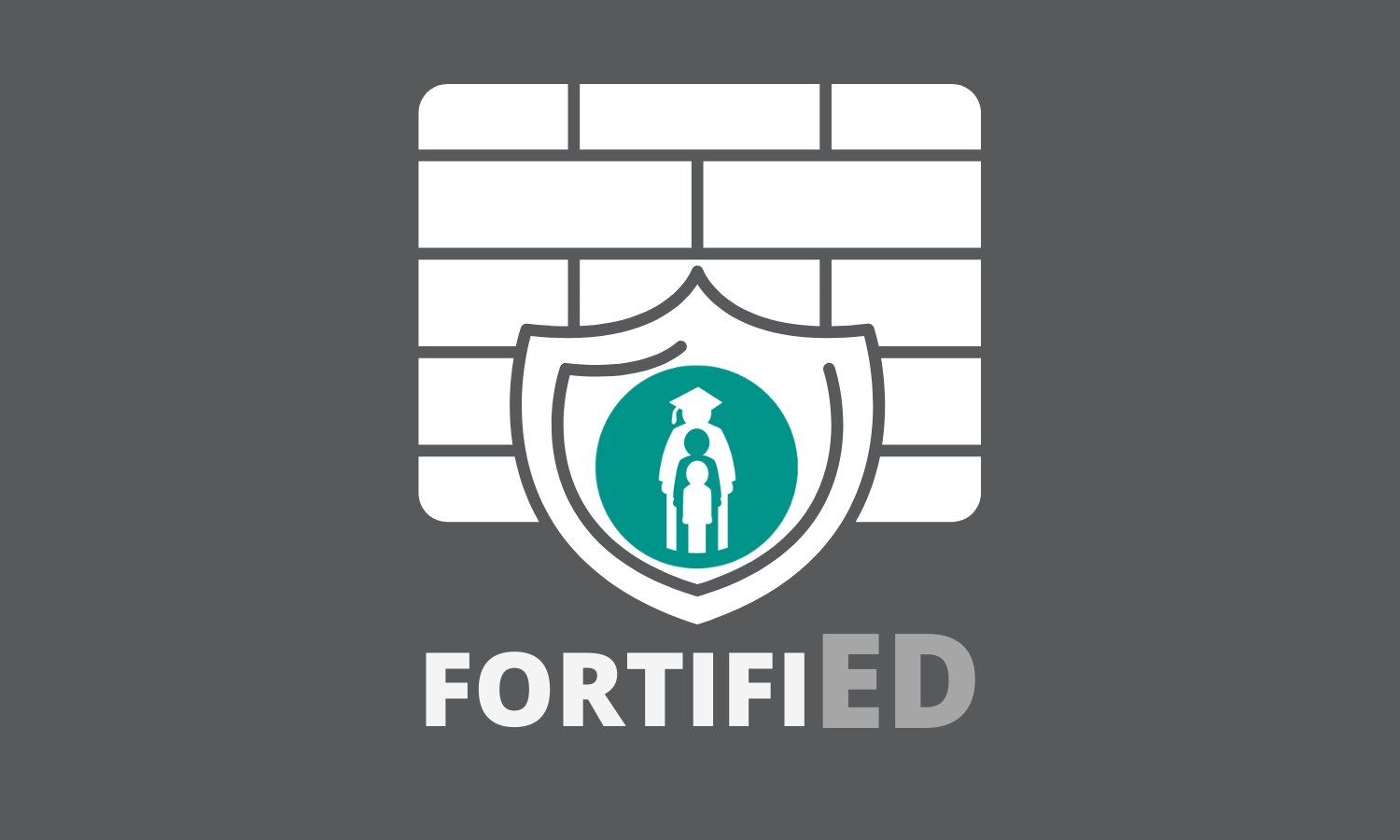What is cybersecurity? You’ve probably heard the term on the news. You may even know someone in the field, like a parent, sibling, or friend. Usually, cybersecurity articles will use photos that look like a padlock in “The Matrix” or a hacker in a hoodie and dark glasses, typing feverishly in a dimly lit room. I never quite understood why the hacker would be wearing sunglasses and spend an evening typing in a dark room, but maybe that would make a great topic for another month on this blog. For this month, I’ll give you a look at cybersecurity that you wouldn’t normally see and why to consider it as a career.
First, I’ll cover what it isn’t. Do you ever watch movies where there’s a big heist, and there’s a guy, usually in a fully-equipped van, with tons of computer monitors and an earpiece? He’s always trying to “hack into the mainframe,” get into security cameras, and turn off alarms so his team can pull off a heist. Then, there’s someone in a room that looks like NASA’s Mission Control that is quickly typing at the same time to stop the hacker. It’s absolutely nothing like that.
Instead, an organization’s cybersecurity is more of a team sport. There are two major teams in this field, and we separate them by color: Red and Blue. The Red Team’s philosophy is to protect by attacking first and attacking often. They attempt to “break” systems, by showing the organization and the Blue Team where they need to improve. If you watch the Karate Kid/Cobra Kai series, the Red Team mindset is Cobra Kai, but without the cool sleeveless gi’s. Their frenemies are the Blue Team (in the Karate Kid/Cobra Kai example, Miyagi-Do). The Blue Team’s philosophy is to be on defense one hundred percent of the time. They do this by putting up different kinds of walls and fortifying architectural designs. Sometimes, a Purple Team guides the two, almost like a referee. Most organizations have a combination of red and blue teams. Although the teams have distinct qualities that would put them in an adversarial mindset, they have one joint purpose: protect information.
There are tons of threats out there: foreign governments, organized crime, and others that we call, “Bad Guys.” To protect ourselves and our families from these threats, we all have a part in cybersecurity. We will get to it in a month or two, but there are simple things you can do to protect yourself and others. A few examples are protecting your passwords, browsing only trusted websites, and avoiding untrustworthy downloads. I hate to say it, but those Minecraft mods are absolutely loaded with malware in many cases.
Someone out there may be thinking, “The ‘team’ aspect sounds like fun, but I’m not very technical.” Guess what? There’s a place for you in cybersecurity! It’s a very inclusive field, and there’s something for everyone. While there are the technical aspects that deal with writing code, setting up servers and networks, there are also careers that deal with many non-technical elements. Do you enjoy writing? Many jobs write policies and compliance documents. Do you like solving puzzles? Forensics or analysis may be for you. Are you a born leader or enjoy helping people? There are different management roles. It’s a broad and always-growing field looking for bright new people, and if you want there to be a place for you, it’s there!
GG (Good game),
-Pete

